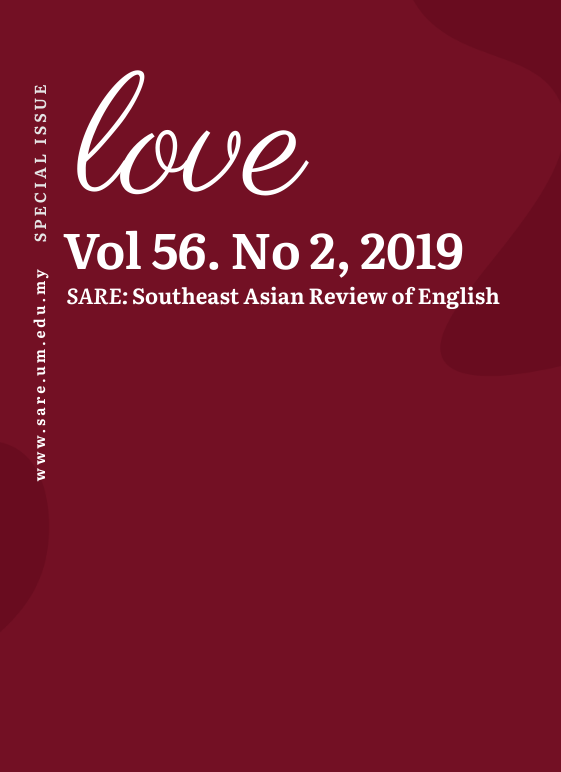Jung Chang’s <em>Wild Swans</em>: Love as a Political Concept
Main Article Content
Abstract
This article explores the different forms of love which appear in a work which is part family memoir, part autobiography, and part literary fiction: Jung Chang’s Wild Swans: Three Daughters of China (1991). This exploration is underpinned by theories of love articulated first by Karl Marx and Alexandra Kollontai and later by Erich Fromm and Michael Hardt. In different ways these thinkers all point to the idea that love is not merely a private matter between two individuals but rather a social and political phenomenon. Fromm’s insistence that love changes according to historical and cultural circumstances is shown to be relevant throughout as Chang portrays love adapting to the vast political changes taking place in China from approximately 1924 (when her grandmother became a concubine) until 1976 (the death of Mao). Corresponding to a large extent to the life histories of the “three daughters of China” ─ Chang’s grandmother, Chang’s mother, and Chang herself ─ the article traces a distinctive movement through property love and family love to “winged Eros”-based love, “red love” and finally love as a decision.
Downloads
Article Details
Copyrights of all materials published in SARE are retained by the authors. Authors may republish their work or grant others permission to republish it. We would be grateful if republication is accompanied by an acknowledgment that the work was originally published in SARE.
